What a difference a decade makes. Exactly ten years ago, Russians celebrated New Year by watching Goluboi Ogoniek (‘Little Blue Light’) the traditional TV programme – full of glitz, music, Moët and laughter – which ushers in 1 January. Three men dominated Goluboi Ogoniek that particular year. On YouTube, anchorman Vladimir Soloviev can be seen smiling like a pussycat over the merrymaking. Co-presenter is Maxim Galkin, the Soviet-born Israeli comedian married to singing legend Alla Pugacheva. But the biggest surprise is the third of the trio – a compact, intense little man with black hair and a gravelly voice, singing, capering and cracking up the Russian audience with his one-liners. His face is familiar even if the dinner jacket and black tie have today been traded for combat fatigues. He’s none other than Volodymyr Oleksandrovych Zelenskyy, leader of Ukraine.
It’s safe to say all three have moved on now. Soloviev – now Putin’s telly propagandist-in-chief – makes a living thundering nightly against the West, wearing a Blake’s 7-style tunic on Channel 1. Galkin fled a month after the outbreak of war in 2022, labelled a ‘foreign agent.’ And Zelenskyy? Well, we all know what Zelenskyy did.
The perilous ice underfoot (you went crashing down several times in winter) was a small price to pay
But ‘Little Blue Light’ remains, as does the Russian habit of celebrating New Year as the main December holiday. Christmas Day, 7 January by the Julian calendar, is strictly secondary, and our own 25 December (now adopted by Ukraine as an up-yours gesture to their bigger neighbour) is in Russia a normal working day.
The supremacy of New Year’s Eve goes back to Soviet times, when such religious throwbacks as Christmas were firmly prohibited. Instead, in 1935 the USSR – having banned festivities outright for several years – brought back the elements of the season while stripping them of Christian belief. Ded Moroz, Russia’s version of Santa Claus, was dragged back from the scrapheap, now partnered by Snegurochka (an ice maiden of legend and his designated granddaughter), a pair who still reign over festivities in 2023. C Novim godom (Happy New Year!) cards in the Soviet Union – Christmassy-looking enough – displayed images not of the nativity but, among other things, the Kremlin, a Soviet housing estate, cosmonauts, or the communist red star. Even today most are secular in nature.
The New Year in Russia is similar to our own Christmas, but with crucial differences. Most houses have their fir tree (a ‘yolka’) and there’s the same reunion of families and exchanged presents over glasses of champagne. But foreigners may find something amiss about the food, particularly with temperatures of minus twenty outside. Roast meats are optional: the really indispensable New Year dishes for Russians are cold – Salad Olivier (a mixture of mayonnaise, canned peas, diced carrots and potatoes, pickles and ham), kholodets (a slab of meat in aspic) and seledka pod shuboi – ‘herring under a fur coat’, a topping of eggs, beetroots, carrots and potatoes, all slathered, once again, in thick mayonnaise. If your mouth isn’t watering over the sound of these dishes, you’re probably not Russian.
Food aside, I always loved this time of year in Rostov. The first snows would come, if you were lucky, and settle. There were sledging, trams decked out in tinsel and New Year’s streamers, a vast, illuminated tree in Gorky Park. Some banyas (bathhouses) were open all night, nothing more delightful than emerging from their blistering heat onto the dark, icy streets outside. All these things were Russia as I always felt it should be, and the perilous ice underfoot (you went crashing down several times in winter) was a small price to pay. In late December, travelling children’s plays came to town, with kids’ parties laid on by the theatres, complete with Ded Moroz and Snegurochka exhorting children to shout: ‘Raz, dva, tri! Yolochka, gori!’ – ‘One, two, three! New Year’s tree, light up!’ At which the lights on the foyer’s fir tree would suddenly flash into life, disco music would play, and the kids be encouraged to break out dancing in a squealing mass.
For those at home, there’s a time-honoured Christmas movie. While we have The Sound of Music and (God help us) Love Actually, the Russian New Year film is The Irony of Fate, a 1976 romcom from Eldar Ryazanov. A three-hour tale of Moscow, Leningrad, Soviet housing and late-blooming New Year romance, this too, like the food, may leave foreigners baffled at national tastes. But The Irony of Fate is an institution, nearly fifty years old, with many Russians able to quote whole chunks of it from memory. Russian expert Olga Fedina described it as, traditionally, the ideal background film when preparing that Olivier salad: ‘Knowing the plot by heart, you could start watching it at any point, get distracted, then come back again.’ Non-Russians may not want to come back at all, but the Irony of Fate has political form. Singer Alla Pugacheva, who dubbed most of the songs, has come out ferociously against Putin’s ‘special military operation’, as has Liya Akhedzhakova, one of the film’s comic cameos, now accused of treason and forced to resign from the Sovremennik theatre, where she’d performed for nearly half a century.
Thus even on New Year’s Eve – perhaps especially on this night – you can’t get away from Putin’s invasion of Ukraine. Nor does the president, it seems, want you to. Last year, his traditional New Year’s speech to the nation, delivered against a background of soldiers in Rostov-on-Don, quickly descended into mouth-frothing propaganda. After talking up his war – ‘Defending the Motherland is our sacred duty to our ancestors and descendants. Moral and historical truth are on our side’ etc. – Putin soon moved on to ranting against the West, their support for Ukrainian ‘neo-Nazis’ and the latter’s ‘military, openly terrorist actions against civilians of the People’s Republics of Donbass.’ Business as usual, in other words, even on New Year’s Eve.
But why pretend things are otherwise? Though Putin may wish to absolve the national conscience, it’s still, a year on, almost impossible to write about a Russian New Year without imagining how those across the border are experiencing the season. Quite apart from the numbers of Ukrainian dead, wounded and displaced, winter’s no wonderland for civilians either. Following Putin’s assault last year on their infrastructure, in temperatures of up to 20 celsius below, huge numbers were left without heating or light and are anticipating more of the same from Russia in the months to come.
‘Friends,’ Putin finished in his 2022 New Year’s speech, ‘now is the right moment to leave all personal grievances and misunderstandings in the past, to tell your dearest about your tender feelings, about love, how important it is to take care of each other – always, at any time.’
That same night a wave of attacks was launched on its ‘brother’ nation. There were explosions in the capital and in Kherson a children’s hospital was hit. One of the drones had a message – ‘Happy New Year’ – scrawled onto its tailfin. Such are the ironies of fate which, safe to say, the Ukrainians won’t themselves be enjoying over Olivier salad, meat in aspic and fur-coated herrings this December – in whatever ‘little blue light’ is left to them.
Got something to add? Join the discussion and comment below.
Get 10 issues for just $10
Subscribe to The Spectator Australia today for the next 10 magazine issues, plus full online access, for just $10.

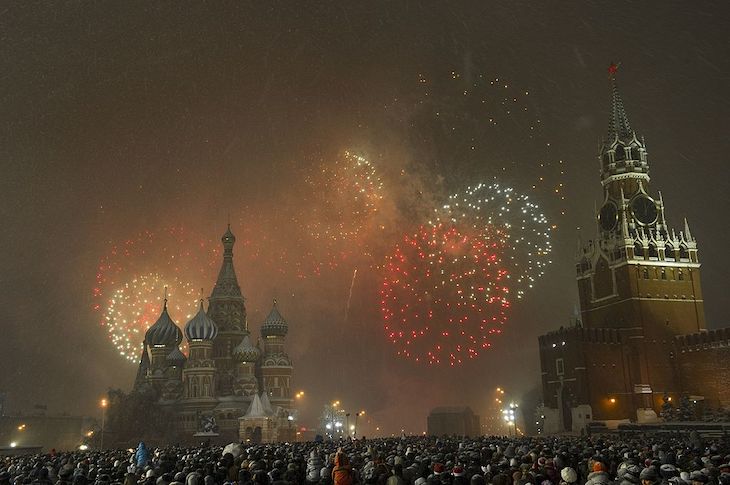
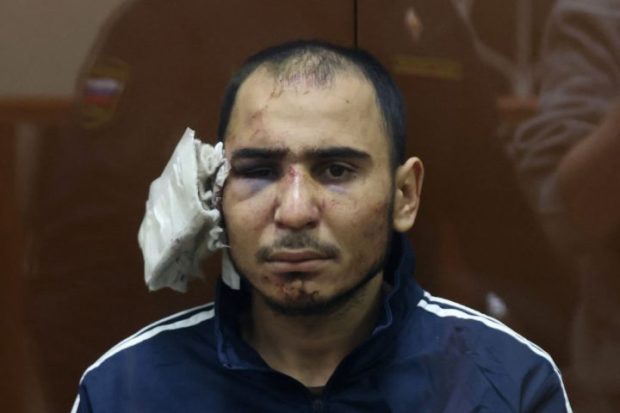
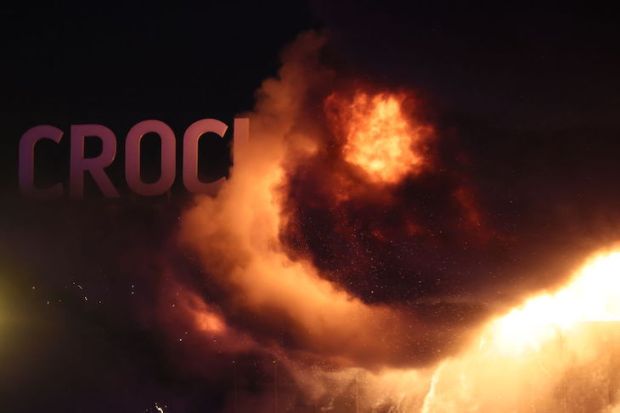
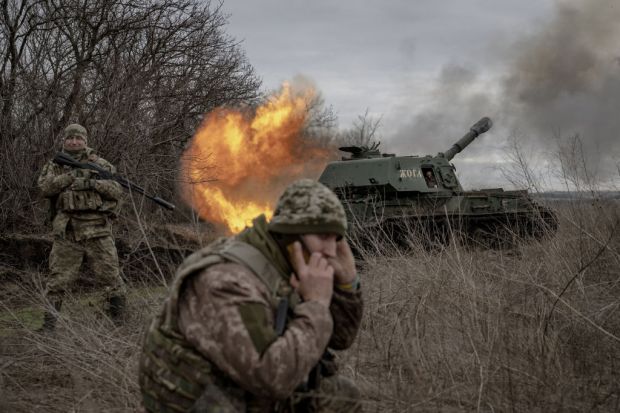
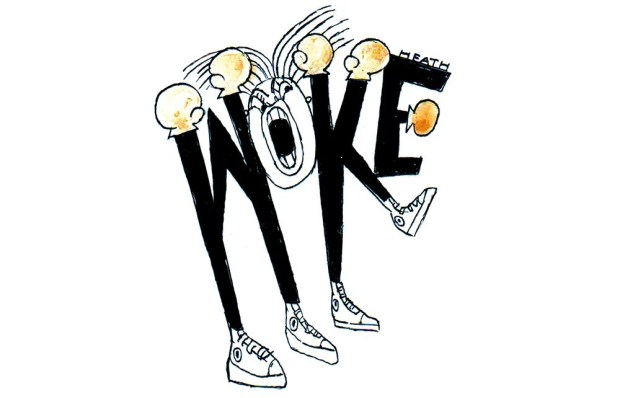
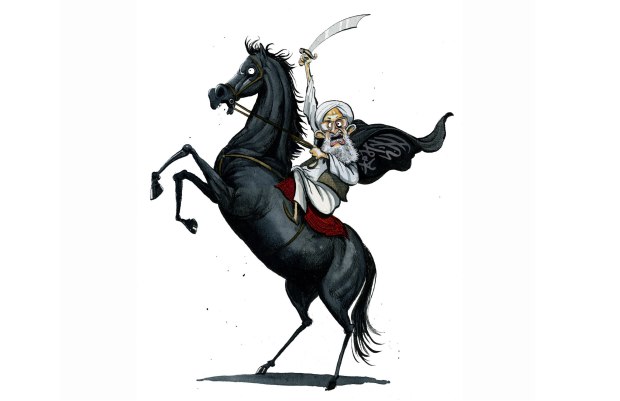
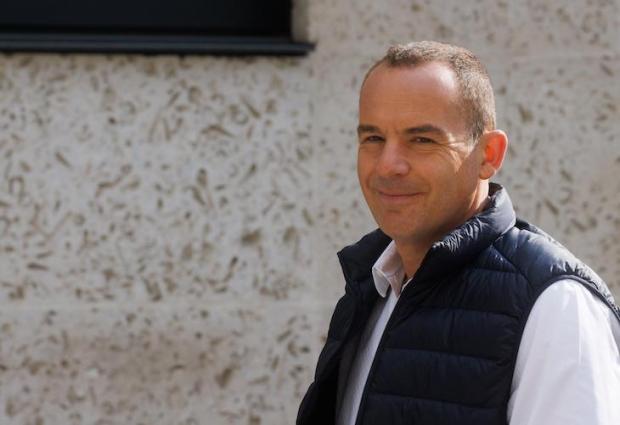












Comments
Don't miss out
Join the conversation with other Spectator Australia readers. Subscribe to leave a comment.
SUBSCRIBEAlready a subscriber? Log in